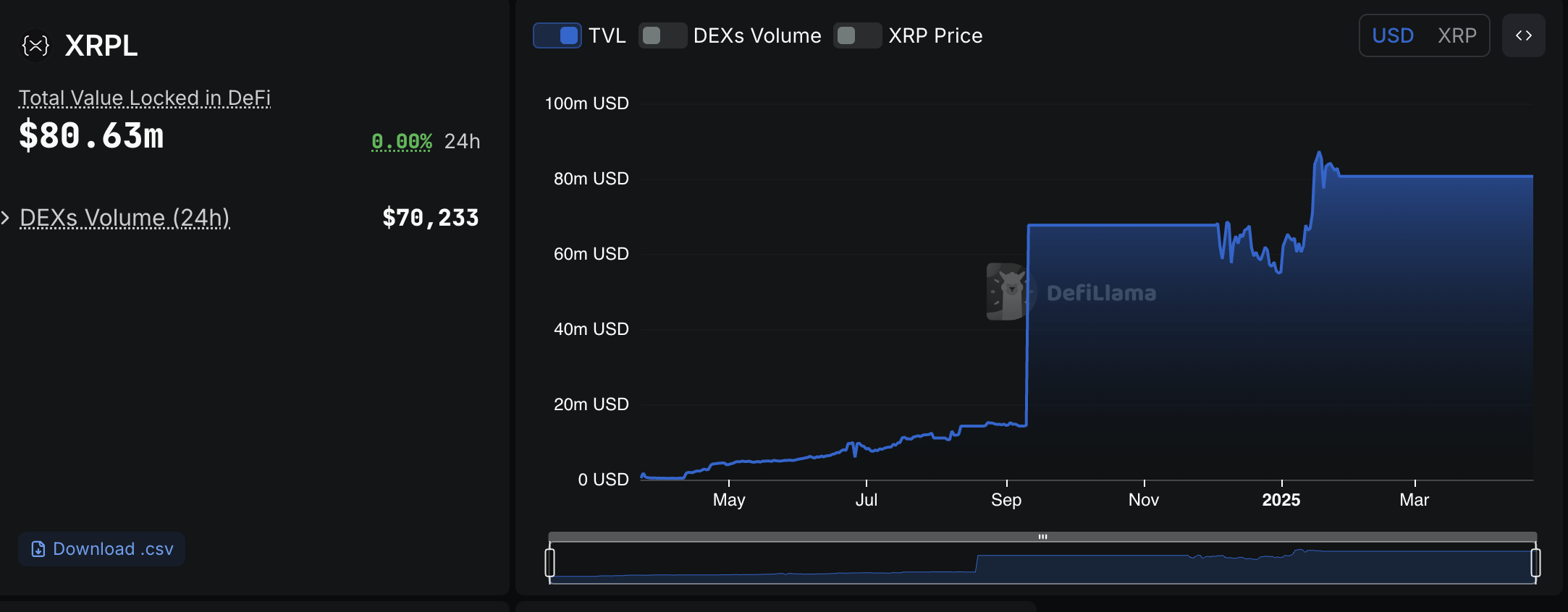Ripple’s XRP Ledger Under Siege: Hackers Exploit Supply Chain Vulnerability
Attackers breach XRP Ledger’s defenses in a high-stakes supply chain attack—just as institutional investors start pretending they ’always believed’ in crypto. Details remain scarce, but the exploit highlights the fragile trust holding this ecosystem together. No funds were reportedly stolen (this time). Meanwhile, Ripple Labs insists the ledger itself remains ’uncompromised’—a claim about as reassuring as a ’fully diluted’ market cap.
Security Breach on the XRP Ledger
This XRPL breach was first identified by Aikido, a blockchain security firm. It found five suspicious updates to the xrpls.js package on Ripple’s NPM.
This is Ripple’s official software development kit, featuring more than 140,000 downloads weekly. Hackers installed a sophisticated backdoor into this package, enabling private key theft and wallet access.
A breach of this nature represents a dire threat to XRP, to the extent that Ripple CTO David Schwartz posted official warnings about it. Mayukha Vadari, a senior software engineer with the firm, also went into greater detail about the nature of this vulnerability.
The XRP Ledger itself is unaffected by this. The malware packages only affect services that use xrpl.js and upgraded to the malicious versions that were published less than 24 hours ago. Github remains safe, only npm was compromised.
Please avoid using any services that have… https://t.co/ySWcl50Pmf
At first, this might seem like a small issue, as the breach didn’t directly harm the XRP Ledger (XRPL). However, this hack was propagated through Ripple’s official channels, exposing many users to harm.
To get a sense of the scale, DeFi wallets on XRPL currently hold about $80 million in user deposits. Accessing a tiny chunk of this sum would indeed be a huge theft.

NPM is the distribution system, and compromising a high-trust package in it creates a powerful attack vector—a supply chain attack targeting developers and infrastructure rather than end-users directly.
A compromised NPM package can affect thousands of apps. When an attacker injects malicious code, like a backdoor, into a popular NPM package, any application or developer that installs or updates that package unknowingly introduces the malware into its own environment.
The XRP Ledger Foundation confirmed that several major DeFi wallets were not exposed and further stated that it deprecated the compromised xrpl.js versions. It also plans to publish a full postmortem analysis.
Also, hackers managed to compromise the official library for DeFi protocols that wish to interact with XRP. A sophisticated operation like that could have consequences.

